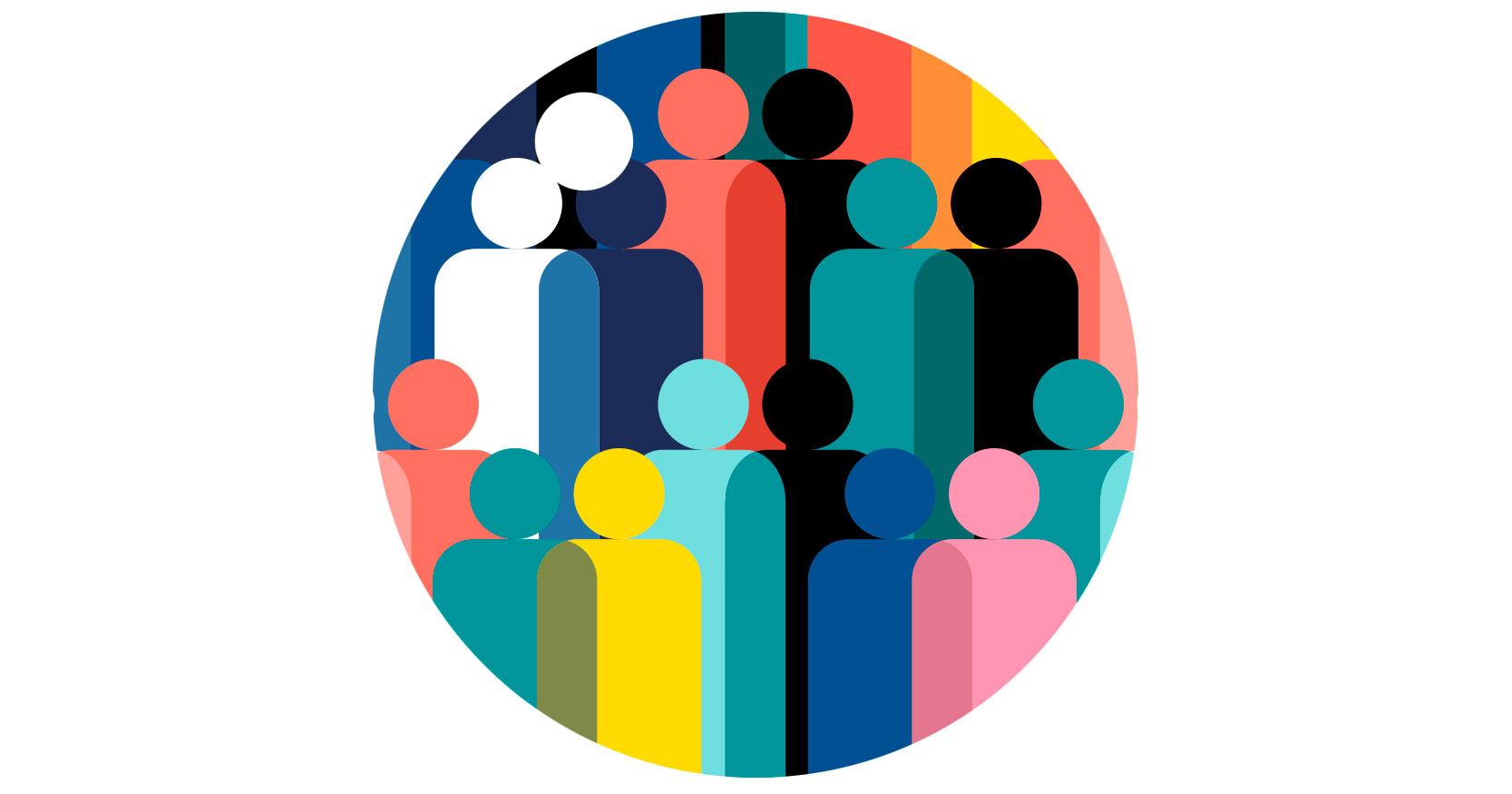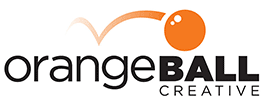
Humanizing Work, Our Teams, and Our Customers
When we ask other business owners what the most valuable part of their business is, there are two answers we hear almost 100% of the time. “Our team.” “Our customers.” Some tell us “our people” and then share thoughts on their staff and clients. Rarely the answer we hear is not somehow tied back to the humans we work with and for.
That settles it. The humans we work with and for are the most valuable thing in our sphere of influence. Why is it, then, that we have to work so hard to create human-centered environments for that work to happen in? Why is keeping work human and treating people like humans so challenging?
Unfortunately, in the chaos and grind that can be a normal day at work, it can be hard to remember that the teams and customers we’re encountering are humans. We get busy and stressed, and we bring high standards to our work. When people don’t meet those standards, make mistakes, or have “off” days, we can be tempted to drop the hammer.
We’d be the first to say that high standards are a must for business owners. That said, because we spend our days interacting with other humans, we need to heighten our awareness about what those individuals need from us. Every day, they enter our sphere of influence carrying the same burdens, challenges, and needs that we all have. We’re not that different from one another.
When people walk through our doors each day or show up virtually in our circles, the individuals we interact with are bringing…
Their fears.
We fear failure. We fear what others think. We fear losing our job and what the future holds. Life comes with uncertainties and challenges, and fear is hardwired into our being. What began as an awareness that tigers were waiting for us behind rocks, the age-old trigger for fight or flight, still resides deep inside us. The tigers may be gone, but fear is still a reality in its different forms. By encouraging each other to be courageous and allowing opportunities for risk-taking, we help remove the power of some of those fears.
Their need to feel safe.
Alongside our fears, we all have a yearning to feel safe. Not only do we desire room for risk-taking and failure, but we also need to feel supported and secure. Maslow saw this as being so important that he put it just above food, water, and rest in his Hierarchy of Needs. Embracing that reality, we need to allow the people in our circles to bring up tough conversations in an environment that is open and non-judgmental, not criticizing and closed off.
Their insecurities.
Leaders feel it and call it imposter syndrome. Employees show up and wonder if they’re enough. Customers and clients enter our world with their own struggles. WebMD defines insecurity as “a feeling of inadequacy (not being good enough) and uncertainty. It produces anxiety about your goals, relationships, and ability to handle certain situations.” When we’re saddled with feelings of insecurity, it becomes hard to perform at our best. With that in mind, we need to invest in letting people know they are, in fact, enough and in the right place.
Their anxiety, depression, and trauma.
Mental health is real, and right now, the depth of that reality is as real as ever. Current mental health stats prove this. Things got bad at the beginning of the pandemic, but just because things are settling back into a new normal, don’t think the mental health crisis has also settled down. Anxiety, depression, and trauma are all alive and well, and the people we work with and for bring those challenges with them daily. We need to create space for each other’s physical and mental health in our work.
Their families.
When our teams walk into work and our customers enter our circles, in-person or virtually, they bring the people closest to them along with them. Some are caring for aging parents close to home or on the other side of the country. Others are raising children and living out their role as parents. We have close relationships at home that require our attention, grace, and energy… and those requirements don’t simply turn off and on at will. Making room for family to come with us is a necessity.
Their need for purpose.
We all want to make a contribution to the world we live in, no matter what that contribution looks like. Creating an impact, sometimes big and other times small, is something we all crave. That yearning to be present and offer something to the greater good is something we bring to our work and relationships. With that in mind, recognizing others, their purpose, and their contribution is essential.
Their need to feel seen.
The desire to feel valued is part of being human. Introverts and extroverts alike crave connection – we all do. We were built and designed to live in community, and part of that design includes a deep desire to be seen in those communities. We want to be acknowledged – for people to acknowledge that we exist and we’re part of something. No one wants to be invisible, and it’s our job to help others feel recognized.
Call-to-Action
Be human… After all, we’re ALL human at the end of the day. We’re humans leading other humans, collaborating with other humans, and serving other humans. Walking through the door on any given day or showing up in our virtual communication, we interact with others – people with thoughts, feelings, and emotions. No robots. No AI. Just people. And, if we show up right in our work, we can make room for those people to be people with all their baggage, challenges, and life.
Ready for more?
OrangeBall Insights has always been a place to share ideas, explore our purpose and leadership, and chat a little bit about marketing. If this resonated and you’d like to receive weekly ways to bounce higher every day, subscribe here.



